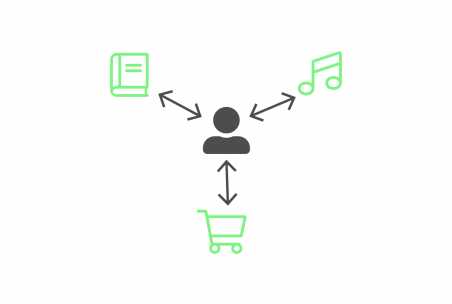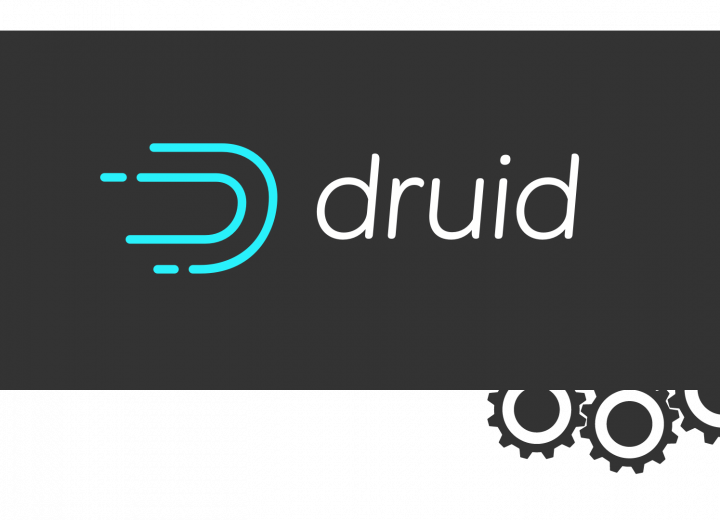The holistic view – from proof of concept to deployment
Effective domain-specific personalisation relies on different approaches. The most important thing, however, is to take a holistic approach – from PoC to deployment.
When it comes to recommender systems, we distinguish primarily between collaborative, content-based, and hybrid approaches. The distinction is made through the type of data used. Companies typically start with collaborative approaches, then expand to a content-based method to solve what is known as the “cold start problem” before ultimately refining their approach to a hybrid one.
Standardised solutions are limited in their ability to help achieve effective and scalable personalisation, and proof of concept alone does not add value to users or companies. What is needed are holistic, iterative domain-specific solutions which run end-to-end, from concept to productive solution to monitoring and continuous improvement.
inovex has cross-industry experience in the development and operation of recommender systems. Our experts are familiar with the latest developments and can avoid the pitfalls involved in deploying and productively operating models. We maintain regular contact with science and industry through events such as the annual Recommender Systems Conference. In working with you, we will leverage our in-depth knowledge and our many years of practical expertise to develop tailor-made solutions to facilitate personalised, effective user experiences on your platform.










